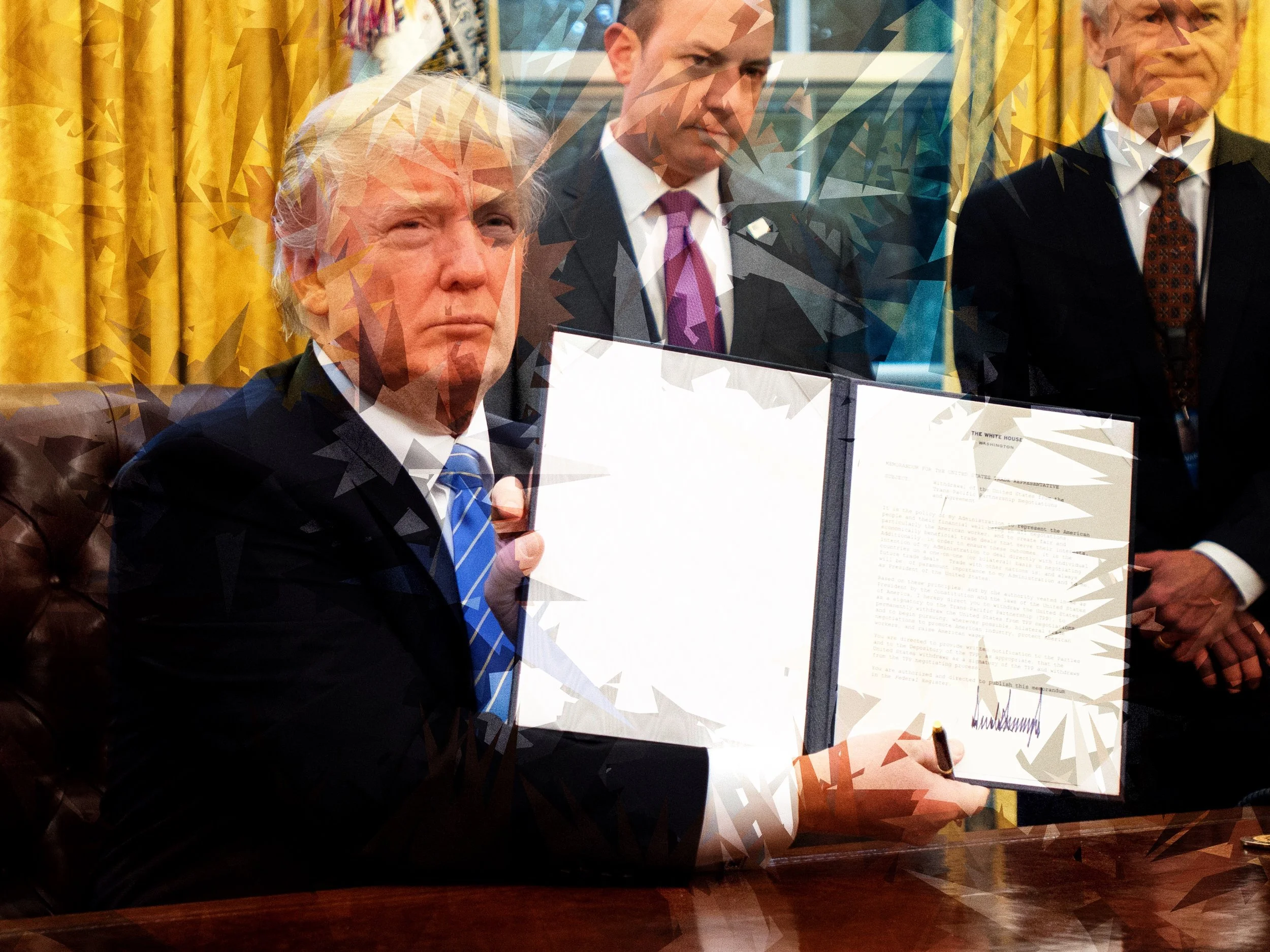+ References
Autor, David, David Dorn, and Gordon Hanson. 2017. "When Work Disappears: Manufacturing Decline and the Falling Marriage-Market Rate of Men." National Bureau of Economic Research, working paper 23173.
Benkler, Yochai. 2007. The wealth of networks—how social production transforms markets and freedom. New Haven, CT: Yale University Press.
Brynjolffson, Erik, and Andrew McAfee. 2011. Race against the machine: How the digital revolution is accelerating innovation, driving productivity, and irreversibly transforming employment and the economy. Digital Frontier Press.
———. 2016. The Second Machine Age: Work, Progress, and
Prosperity in a Time of Brilliant Technologies. W. W. Norton & Company.
Castells, Manuel. 2009. The rise of the network society: The information age: Economy, society, and culture, volume I. 2nd ed. Vol. 1. Wiley-Blackwell.
Cindea, Ion. 2006. "Complex Systems—New conceptual tools for international relations." Perspectives 26.
DiChristopher, Tom. 2014. "US and Iran could have a friendlier future ahead." _CNBC.com_2014, sec World Economy.
Freeman, Richard B. 2002. "The labor market in the new information economy." Oxford Review of Economic Policy 18(3), 10.3386/w9254.
Glover, Robert W. "Compatibility or incommensurability: IR theory and complex systems analysis." In E-International Relations. 2012. Available from http://www.e-ir.info/2012/07/21/compatibility-or-incommensurability-ir-theory-and-complex-systems-analysis/.
Greven, Thomas. 2016. "The rise of right-wing populism in Europe and the United States: A comparative perspective." Friedrich-Ebert-Stiftung (May 2016), http://www.fesdc.org/fileadmin/user\_upload/publications/RightwingPopulism.pdf.
Inglehart, Ronald F., and Pippa Norris. 2016. "Trump, Brexit, and the rise of populism: Economic have-nots and cultural backlash." HKS Working Paper no. RWP16-026, https://ssrn.com/abstract=2818659.
Jervis, Robert. 1998. System effects: Complexity in political and social life. Princeton, NJ: Princeton University Press.
Kalathil, Shanthi. 2013. "Transparency and volatility: International relations in the information age." In Diplomacy, development and security in the information age., ed. Shanthi Kalathil, 3-13. Institute for the Study of Diplomacy.
Kanter, Jake. 2016. "France's far-right leader marine le pen thinks Brexit and trump are part of new world order.' Business Insider, sec Politics.
Kavalski, Emilian. 2015. "Introduction: Inside/Outside and around: Observing the complexity of global life." In World politics at the edge of chaos., ed. Emilian Kavalski, 1-27. Albany, NY: State University of New York Press.
———. 2007. "The fifth debate and the emergence of complex international relations theory: Notes on the application of complexity theory to the study of international life." Cambridge Review of International Affairs 20(3), 10.1080/09557570701574154.
Lorenz, Edward N. 1963. "Deterministic nonperiodic flow." Journal of the Atmospheric Sciences 20, (Jan 7, 1963).
Mackinder, H. J. 2004 (Originally 1904). "The geographical pivot of history." The Geographical Journal 170(4).
Malik, Mohan. 2012. "Technopolitics: How technology shapes relations among nations." The Interface of Science, Technology & Security 12.
Newman, Edward. 2007. A crisis of global institutions?: Multilateralism and international security. Global institutions. 1st ed. Routledge.
Oltermann, Philip. 2016. "Austria rejects far-right candidate Norbert Hofer in presidential election." The Guardian.com, sec Austria.
Ormand, Carol. "What constitutes a complex system?" in Science Education Resource Center (SERC) at Carleton College [database online]. 2016. Available from http://serc.carleton.edu/NAGTWorkshops/complexsystems/introduction.html.
Pohjola, Matti. 2002. "The new economy: Facts, impacts and policies." Information Economics and Policy 14(2), 10.1016/S0167-6245(01)00063-4.
Popper, Karl. 2002. Conjectures and refutations: The growth of scientific knowledge. 2nd ed. Vol. 17. Routledge.
Powell, Walter W., and Kaisa Snellman. 2004. "The knowledge economy." Annual Review of Sociology 30, 10.1146/annurev.soc.29.010202.100037.
Rosenau, James N. 2006. The study of world politics, volume 1: Theoretical and methodological challenges. New Edition. Vol. 1. Routledge.
Rosenfeld, Everett. 2016. "Chinese officials are 'licking their lips' at Trump's decision to kill the TPP." CNBC.com. 2016, sec Trumponomics.
Rotman, David. 2013. "How technology is destroying jobs." MIT Technology Review (June 12, 2013), https://www.technologyreview.com/s/515926/how-technology-is-destroying-jobs/.
Short, John R. 2016. "Globalization and its discontents: Why there's a backlash and how it needs to change." The Conversation.
The Atlantic. 2015. Atlantic interviews: The future of work in America, eds. Derek Thompson, James Bennet. The Atlantic. TheAtlantic.com Video.
Thompson, Derek. 2016. "The next industrial revolution." The Atlantic.
———. 2016. "Donald Trump and 'Economic Anxiety.' The Atlantic.
———. 2016. "When will robots take all the jobs?" The Atlantic.








